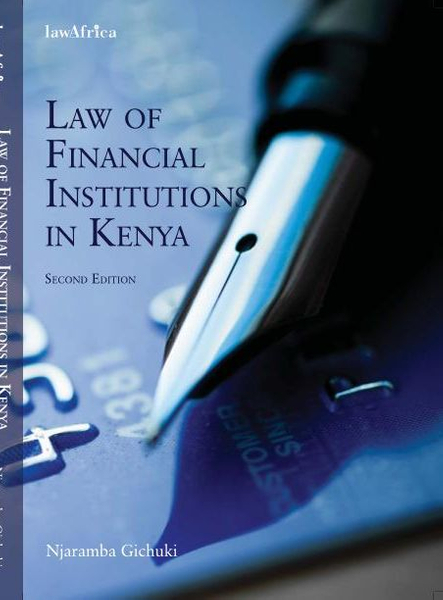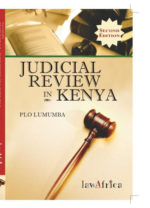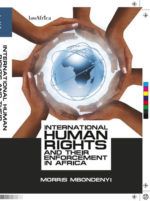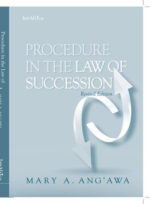The law of financial institutions in Kenya is contained in statutes as well as case law. The common law of England also plays an important role in the substantive law. Banking practice is elevated to the position of law (almost). The Central Bank of Kenya has powers to make guidelines and directives for the financial sector. When this is done, they operate within the confines of the law as the same are applied under the provisions of the Central Bank of Kenya Act, the Banking Act and the other relevant Acts.
Law of Financial Institutions in Kenya-Njaramba Gichuki
KSh 1,500.00
The law of financial institutions in Kenya is contained in statutes as well as case law. The common law of England also plays an important role in the substantive law. Banking practice is elevated to the position of law (almost). The Central Bank of Kenya has powers to make guidelines and directives for the financial sector. When this is done, they operate within the confines of the law as the same are applied under the provisions of the Central Bank of Kenya Act, the Banking Act and the other relevant Acts.
2 in stock
Customer Reviews
There are no reviews yet.










Be the first to review “Law of Financial Institutions in Kenya-Njaramba Gichuki”